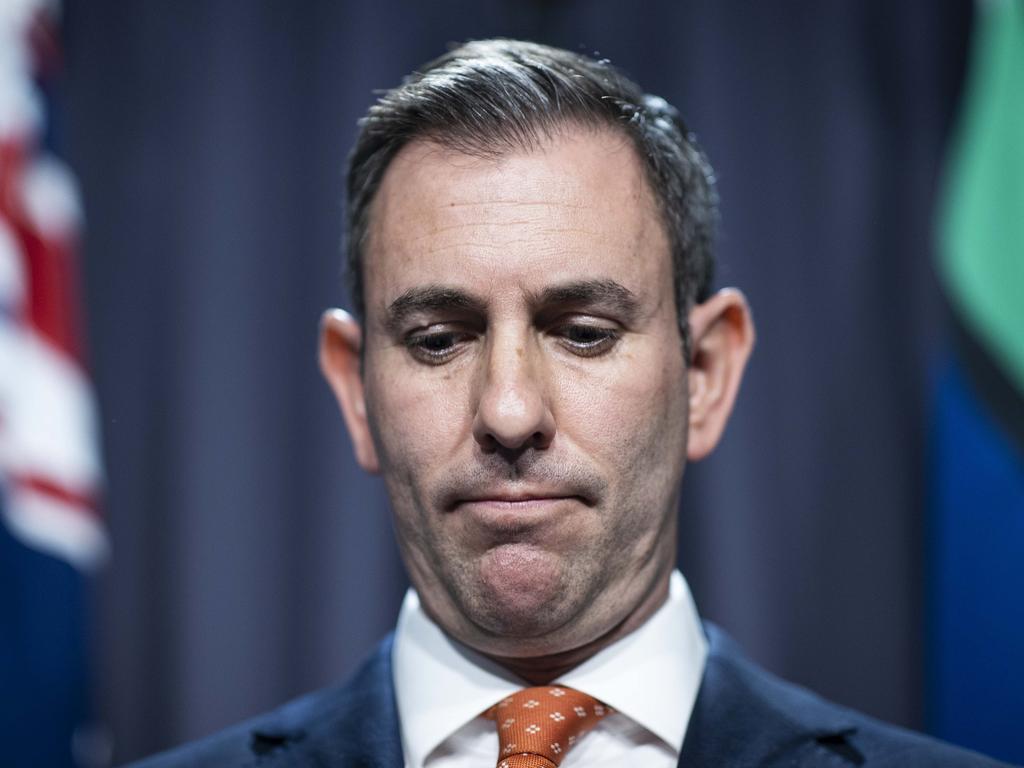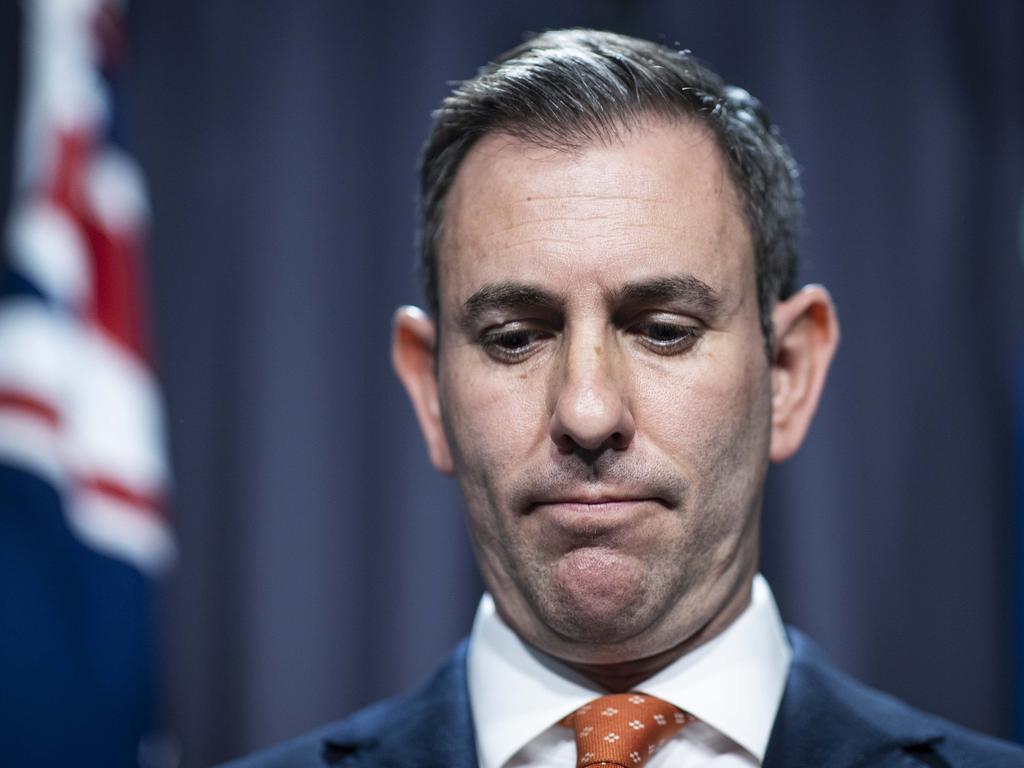Vegies or rent? Tough calls for some as inflation rises

In response, the Treasurer predicted inflation and rising interest rates would hit jobs and growth during the next 18 months. Workers would endure large real wage cuts this year, he said. The idea that the government would be forecasting wages growth that kept up with an inflation rate above 6 per cent “would not be credible in the near term”.
But Dr Chalmers expected real wages growth in the current term of parliament. Inflation would unwind, he said, “but not in an instant”. Not all unions appear to have received the memo. The United Workers Union is warning employers to expect strikes unless they lift pay rise offers above 3 per cent.

The most vulnerable people “are making decisions between vegetables or rent”, Dr Chalmers said on Wednesday. What makes the situation especially hard for those living from one pay packet to the next is that the cost of the basics – food and fuel – jumped by 7.6 per cent across the year to June, almost twice as much as the cost of discretionary or optional spending. The overall inflation figure, which was lower than many economists predicted, was driven by supply chain and worker shortages around the world, the Ukraine war forcing up energy prices, and floods in Australia.
Home buyers, investors and businesses with loans will find out on Tuesday how much the Reserve Bank board, in its quest to dampen inflation, will lift interest rates for the fourth consecutive month. The International Monetary Fund, which expects global inflation to be 8.3 per cent this year, is urging central banks to “go hard, go early” in lifting rates.
They need to walk a tightrope. On the one hand, continuing, rampant inflation would squeeze living standards badly and must be tamed. On the other hand, monetary policy that bears down too hard, too quickly, risks choking activity, costing jobs, thereby necessitating higher welfare spending.
In challenging times, confidence matters. Dr Chalmers, in his economic statement on Thursday, needs to strike a balance between preparing Australians for a difficult period but not overdoing the gloom. Excessive pessimism could become a self-fulfilling prophecy, dampening investment and business and consumer confidence. Neither is it warranted. Yes, some households are facing hard times. But for now jobs are plentiful and unemployment is negligible. Many people, including mortgage holders, built up large liquidity buffers through the pandemic in offset accounts and by moving years ahead in paying off loans.

In what promises to be an important economic statement, Dr Chalmers will explain that inflation and slowing global growth have cut growth forecasts. The pre-election forecast for gross domestic product growth in 2022-23 was 3.5 per cent. But this has been revised down to 3 per cent. And growth is expected to slow further in the 2023-24 financial year to 2 per cent instead of the 2.5 per cent previously predicted.
Dr Chalmers, to his credit, is prepared to be frank with the public. He does not want to give Australians false hope that the budget handed down in October will include further income support. And he has played down extending the temporary 22c petrol excise discount beyond September 30. That is reasonable.
As Dr Chalmers promises the government will steer the nation through a “precarious and perilous” period, blaming the situation on his predecessors and claims about “a wasted decade” will not cut it. Australia came through the pandemic far better economically than most nations. What the nation needs to hear is the government’s plan for maximising growth.






After Anthony Albanese supported the 5.2 per cent minimum wage rise and public sector unions in Queensland gained pay rises and cost-of-living payments of up to 20 per cent across three years, Jim Chalmers has provided a dose of cold, hard reality. The latest Australian Bureau of Statistics figures show inflation accelerating to 6.1 per cent during the year to June, the fastest increase since 1990.